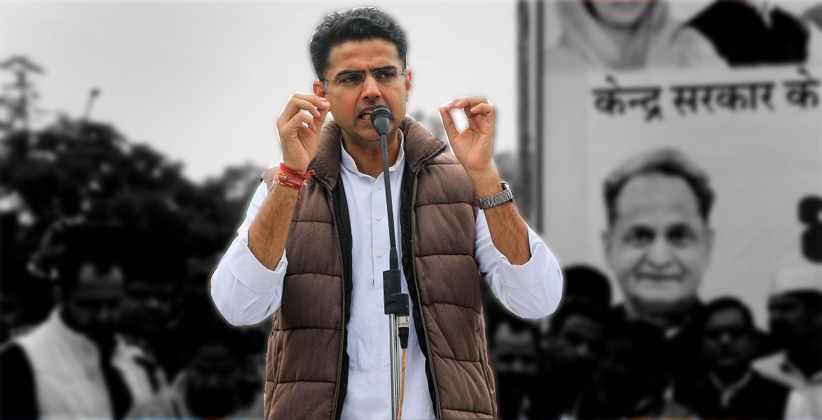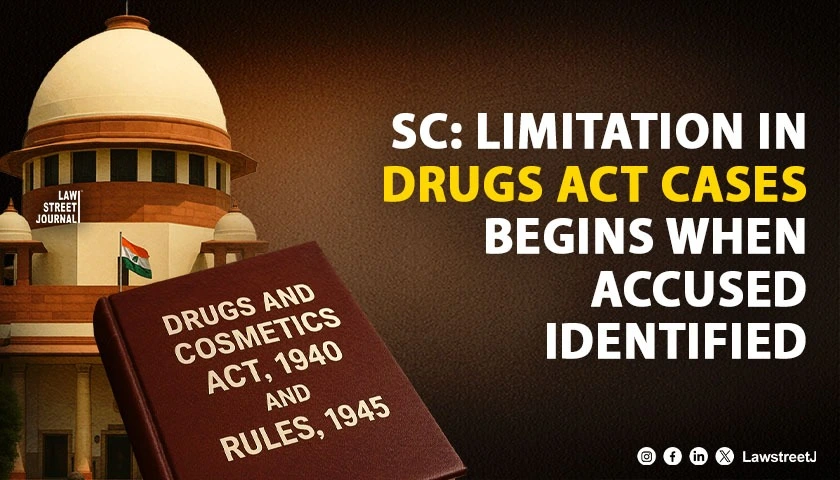While objecting to the maintainability of the petition filed in Rajasthan High Court by the dissident Congress MLAs led by Sachin Pilot, Sr. Advocate Dr. Abhishek Manu Singhvi stated that the Court cannot interfere in the matter before the Speaker takes a concluding decision on the disqualification proceedings. The Speaker's decision to initiate disqualification proceedings is not amenable to judicial review. Dr. Singhvi, appearing for the Speaker, submitted before a division bench comprising Chief Justice Indrajit Mahanty and Justice Prakash Gupta., stated that, There is no cause of action for the writ until the Speaker takes a decision on the disqualification notice.
Singhvi responded to the petitioners' challenge to the constitutionality of paragraph 2(1) (a) of the Tenth Schedule of the Constitution. He pointed out that the SC, in the 1992 case of Kihoto Hollohan, had rejected the same arguments against the tenth schedule by arguing that a reasonable restriction on the freedom of speech of a member was not absolute freedom. The High Court cannot reopen the settled position. An interim order to stay the notices of the Speaker will lead to a stay on the operation of Paragraph 2(1)(a) of the Tenth Schedule, which cannot be affected. In cases concerning constitutional challenges, the Courts should be highly hesitant to stay the provisions. Singhvi submitted, citing SC decisions, the operation of the statutory provisions cannot be stultified in the interim. He stated, The Speaker is yet to decide on the matter. Show-cause notice cannot be stayed. The questions of facts in the notices against 19 MLAs are yet to be decided. 19 MLAs will have different facts. The matters have to be decided by Speaker on case to case basis. Speaker's exercise of power cannot be interdicted at this juncture.
Singhvi then argued that the phrase "voluntarily giving party membership" in paragraph 2(1)(a) of the Tenth Schedule must be widely read. There is no need for formal resignation; renouncing membership can be derived from actions, he submitted, based on the judgment of the SC in the case of Ravi Naik (1994). Refuting the petitioners argument, Singhvi stated, Speaker may or may not pass a correct decision. But there cannot be interference at the pre-order stage, preempting that Speaker will take the wrong decision.
Singhvi responded to the petitioners' arguments that only 2 days for reply had been given, in violation of the mandate of the Rules, which calls for a maximum of 7 days. He claimed that the violation of the Rules may only be an irregularity which will not make the decision of the Speaker void. He also claimed that, in the case of Ravi Naik, the SC had upheld the Speaker's decision, even though only 3 days had been given for reply, notwithstanding the Rule prescribing time of 7 days. Natural justice is not dependent on the number of days given for a response. Speaker cannot shut his eyes to the developments happening fast, He submitted.
On Friday, 17th July 2020, Senior advocates Harish Salve and Mukul Rohatgi had advanced arguments on behalf of the petitioners.
In view of the continuation of the hearings, the Speaker extended the time for submitting replies -which was to expire on Friday - till 5.30 PM on 21st July 2020.






